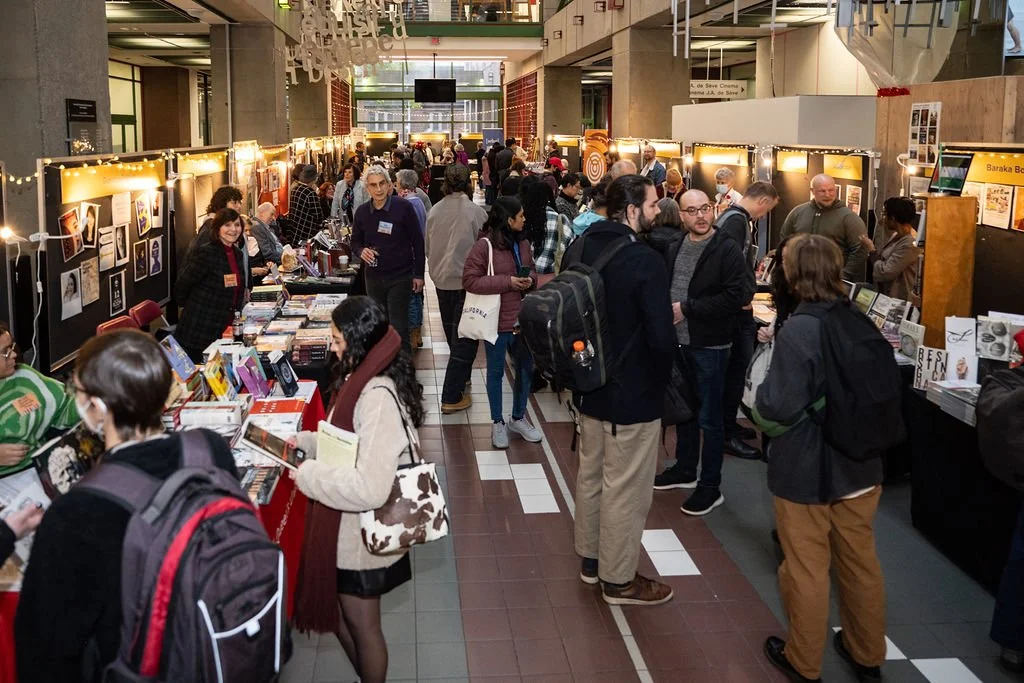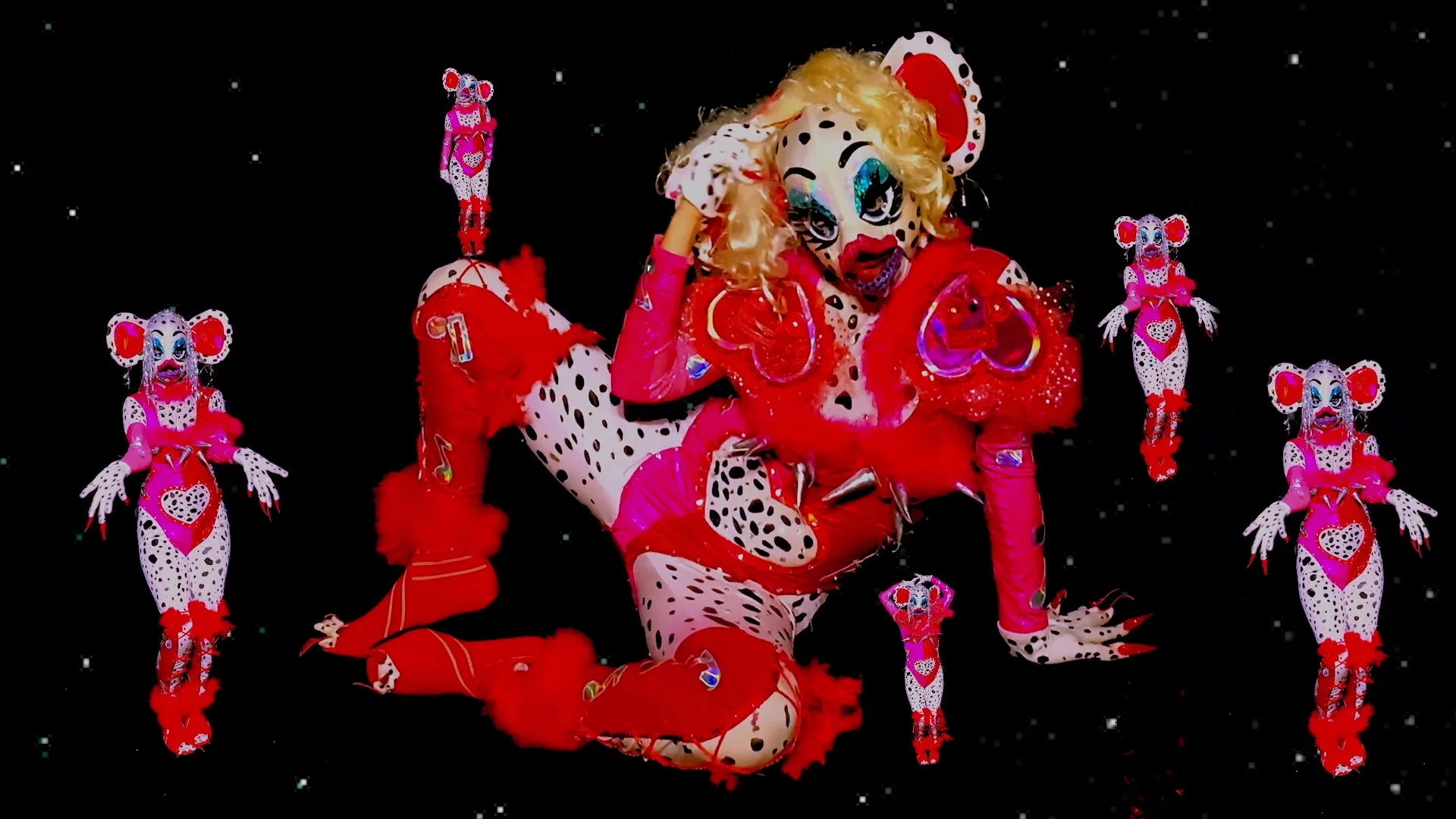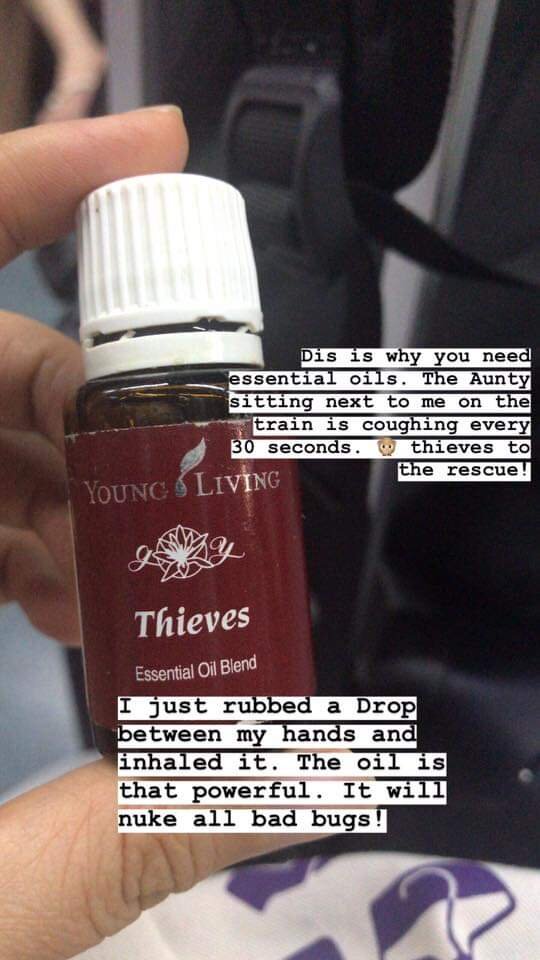I’ve had my fair share of reply guys.
The friend of a friend I’ve never met, the drummer of my ex-boyfriend’s favourite band, the married guy who had already hit up two of my friends… Many strangers have found their way into my comments and, ultimately, my DMs. Most of these interactions have been more or less pleasant – flattering, sometimes over-familiar or annoying chatter. Occasionally, a guy turns on you and it’s weird and aggravating but there are only so many times you can be called a bitch on the internet and truly care.
Reply guys (by which I mean flirtatious men who constantly comment on your posts and/or slide into DMs) are mostly harmless in their behaviour. It’s their presence – or lack thereof – that fills me with an irrational dread. The reply guy trend, a tangible example of the male gaze bleeding into the online world, fuels my anxieties and conflicting feelings on wanting to appeal to men.
Over the past few years, I’ve been working on aspects of myself that previously sabotaged romantic relationships and, truthfully, my own well-being. Insecurity, impulsiveness, and a deep fear of not living up to expectations kept me in a constant rotation of partners, more projects than a single person could possibly stay on top of (I didn’t), and periods of overwhelming depression.
I took on too much and then some. I skipped meals, stayed up too late, and woke up early enough to apply several layers of concealer to the dark rings around my eyes. Feeling tired and unappealing, I spent a chunk of my minimum-wage paycheque on makeup and coffee. When my boyfriend said he thought about cheating on me because I was “too frumpy”, I bought a bunch of flimsy shirts on sale.
At that point, I was already regularly wearing a full face of makeup on my days off – not for fun (though that’s what I would have said if you asked) or to go out, but to cling to what I thought was a tiny sliver of beauty. In my mind, it was my lack of beauty that made me unloveable - or at least less loveable than other women. All other virtues I possessed felt useless without it.
After I cut ties with the aforementioned boyfriend, stuck in a haze as I adjusted to meds that I needed to keep going, I constantly fell asleep on the couch – and somehow still managed to wear lipstick to every lecture I attended. During this time, my mentions and messages were full of men, many of whom lived in my city. Men who were flattering and sweet, men who created a false sense of intimacy by starting very personal conversations, men who talked about my interests. All of them flirted, and all of them implied that we might form some sort of a relationship. Many of them were already in relationships (not that they offered this information).
I enjoyed this attention and interacted with it, sometimes letting myself be tricked into believing that any of these men cared about me as a person. The validation was thrilling and new, as I had never really considered myself particularly attractive. I had rarely been offered a drink or approached at a party, and felt that I was usually overlooked. This attention pleasantly surprised me.
In retrospect, I realize that this is because the guys in your DMs are in many, many other women’s mentions. Unlike real life, I simply didn’t see the ‘competition’ around me. In real life, a lot of these men wouldn’t approach me. This is especially true for those reply guys who are married or partnered – something I would often find out later, when deciding whether or not to meet in person. In my preparations, it became a habit to check tagged photos and talk to women I knew from similar circles. The downfall of cheaters is that they don’t seem to realize that women talk to one another. But regardless of a man’s intentions, I enjoyed the attention. If I noticed someone was partnered, I would keep my responses to a minimum and shrug off the vague discomfort.
Something else to consider is that, when you’re sourcing validation from straight men, other women automatically become competition. I’m ashamed of feeling that way, and I knew that it was wrong. In my day-to-day life, I didn’t feel the need to put other women down or beat them in any way. But I was obsessed with matching their beauty and charm, and the thought of being labeled ‘the ugly friend’ terrified me. My interactions online were showing me that, if I showed myself in a certain way, I could be ‘attractive’ enough to keep up.
This seems particularly absurd, weighed against my preference for feminist literature and discussions. To make these conflicting narratives work, I spun my politics to match my actions. If the feminism of the 2000s allowed women to wear makeup and be promiscuous, I thought, I could push the argument to a point where the things I did for the male gaze would be the actions of a ‘liberated woman’ having fun.
In reality, few of the things I did were really ‘for me’, they were for the people around me to consider me attractive. And when real life, with its stress and rejection, didn’t provide the validation I needed, there were always the reply guys.
I got stuck in a loop. I was constantly fighting the feeling that I was failing and social media provided a quick confidence boost. But I was also afraid of losing my appeal, on- and off-line, and the sense of competition with myself and other women weighed me down. Of course, this was unsustainable.
What made me take a break from interacting with comments and DMs was actually a non-event. A man who had messaged me a dozen times asked me out, and I agreed. Then, I found out from a friend that he was recently married. I was annoyed and confronted him, and in response he backpedaled and told me it was crazy for me to consider his invitation a date. (Interesting tactic, as it’s hard to gaslight someone when all the messages are right there in your inbox.)
I was tired of feeling tired. A few years after moving to Canada, I finally had a stable and supportive group of friends who loved each other. People were interested in my projects, my studies had become more satisfying, and I got a part-time job I really loved. In short: I found validation elsewhere. It would be facetious to claim that I’ve achieved my goal of a perfectly well-adjusted life, but I’ve learned how to cope, to let go a little.
At some point during this shift, my reply guys dwindled. It wasn’t noticeable at first, as they tended to come and go – but one day, I realized a shift. You could blame this on any number of reasons: the fact that I appear in pictures with little makeup these days, my ever-fluctuating weight, my posting about “boring” interests, or the fact I’m in a relationship. This last point is interesting to consider, as relationship status – theirs or mine – has never made a difference in reply guy activity. I have begun to wonder if, in exchange for health and greater comfort in my skin, I have suddenly lost my appeal to men.
Intellectually, I know this is ridiculous. This fear doesn’t stem from insecurity in my relationship, but rather my own fear of losing appeal, and the nagging sensation that you’re in constant competition. It’s upsetting to think that what makes me feel better and more myself could actively lessen my appeal. As the number of reply guys drops, I catch myself worrying whether I’m becoming less attractive to people in real life too. The idea that you have to restrict and change yourself to be attractive remains in the back of my mind, ready to pop up on a bad day.
I realize that it’s not the reply guys themselves, but rather the way they appeal to my insecurities that makes me feel queasy about our interactions. Or maybe it’s the idealization and commodification of myself, something that I participate in, that scares me the most. Becoming a product that men want to consume, one that I have actively helped to create, can be thrilling. It can also be confusing. Shedding that persona and noticing, in some quantifiable way, how this lessens my appeal is terrifying.
But everyday it feels better to be me. Every day, I care less.













































